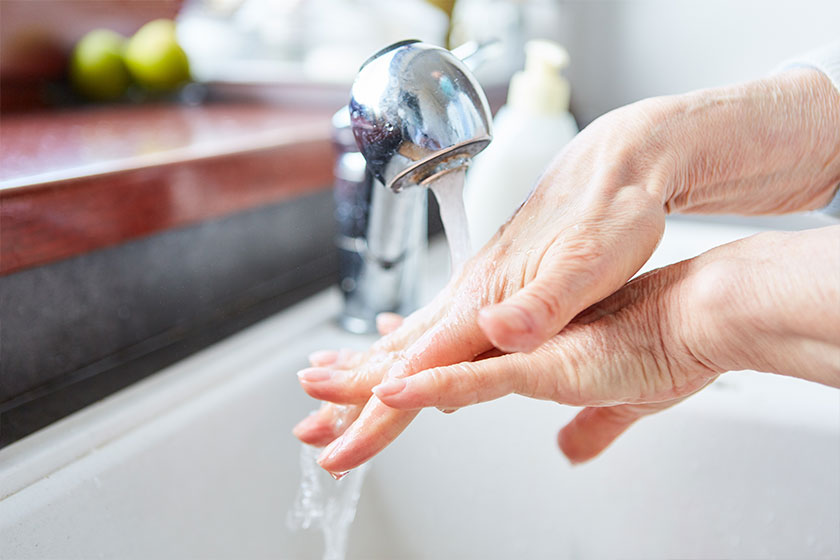The basics of hand hygiene are simple: keep your hands clean, and wash them frequently. It’s also one of the best ways to prevent flu or food poisoning. But while it might seem like a no-brainer, there are some things you need to know about proper hand hygiene as you age. Below are some critical facts about hand hygiene for seniors that will help make sure your hands stay clean and healthy!
The Importance Of Handwashing
You may be surprised to learn that handwashing is the best way to prevent the spread of germs. That’s true for all ages and in any setting, from home to school to work. People who are sick or have an illness should always wash their hands with soap and water before eating or touching their mouths, noses, and eyes or entering a kitchen or bathroom.
Handwashing is essential for people with colds, the flu, and other illnesses because these infections can easily spread from person-to-person through direct contact with infected surfaces like door handles (especially if they aren’t cleaned often), shared cups, utensils, and other items that come into contact with food. Hand washing after using the bathroom reduces your risk of spreading bacteria around your home, too – especially if you’ve recently been ill!
Handwashing is essential for the elderly because of how germs spread: by touching things that other people touch or being touched by someone who may have been exposed (for example, if a sick person sneezes on you). If you don’t wash your hands after touching something that could have germs on it—like a door handle or shopping cart—you can pass those germs along without even realizing it!
How To Wash Your Hands Properly
Proper hand washing is simple, but it can be challenging. The best way to wash your hands properly is to follow these steps:
- Wash for 20 seconds. That’s about as long as it takes to sing “Happy Birthday” twice! You may have heard that how long you wash your hands matters, but this isn’t true—the important thing is that you use soap and warm water and thoroughly scrub all areas of both hands.
- Use plenty of soap. A little bit goes a long way regarding hand sanitizers, so don’t be afraid to load up on the cleanser before washing your hands. You want enough product on each finger and under each nail so that the liquid covers the skin entirely without leaving excess residue after rinsing off in warm water afterward (otherwise known as being “soap-free”).
- Wash under nails and between fingers (where dirt can hide). If something gets stuck between two of your digits during an activity like cleaning dishes or gardening outside, then bacteria can grow there unnoticed until symptoms appear later on down south—which might be too late if left untreated! Soap helps prevent infection by killing off harmful microbes in these hard-to-reach places.
Conclusion
Hand hygiene is important to stay healthy, even as you get older. It’s also a simple way to prevent many germs from spreading. Practicing proper hand hygiene regularly can keep you and others from getting sick too!







